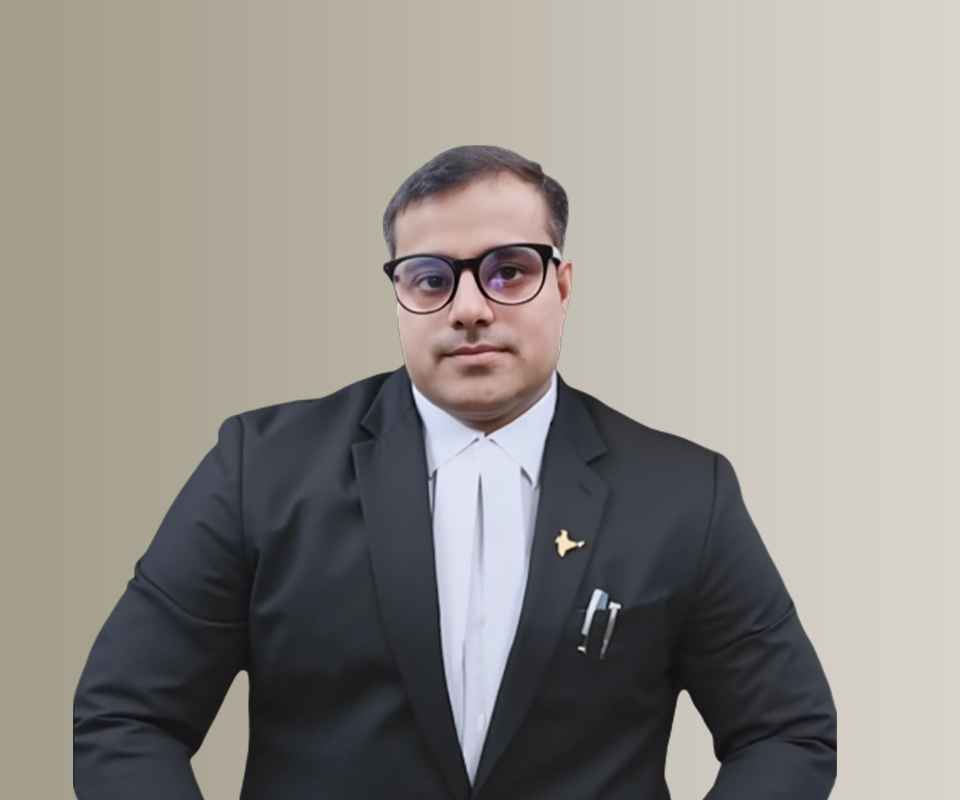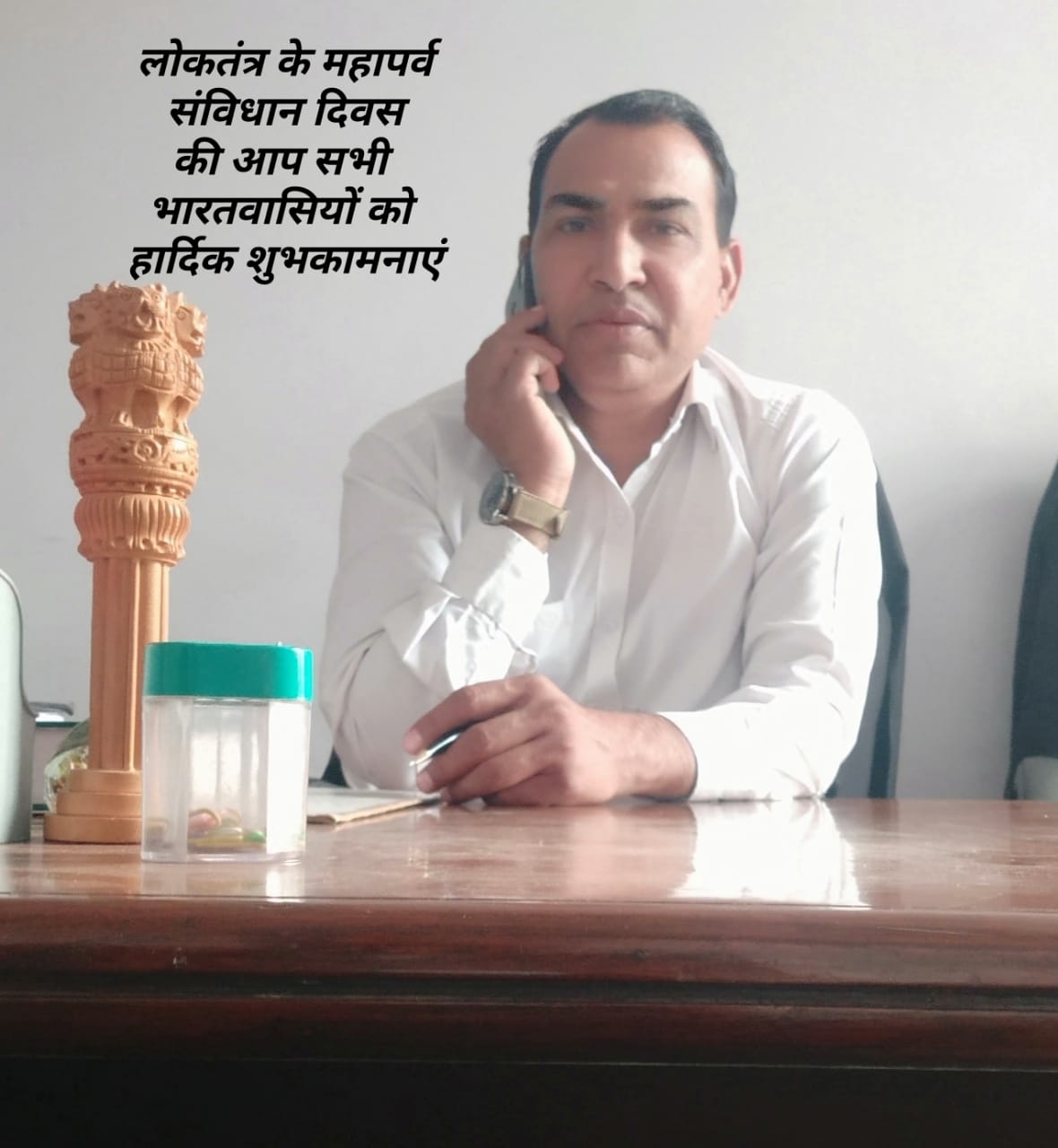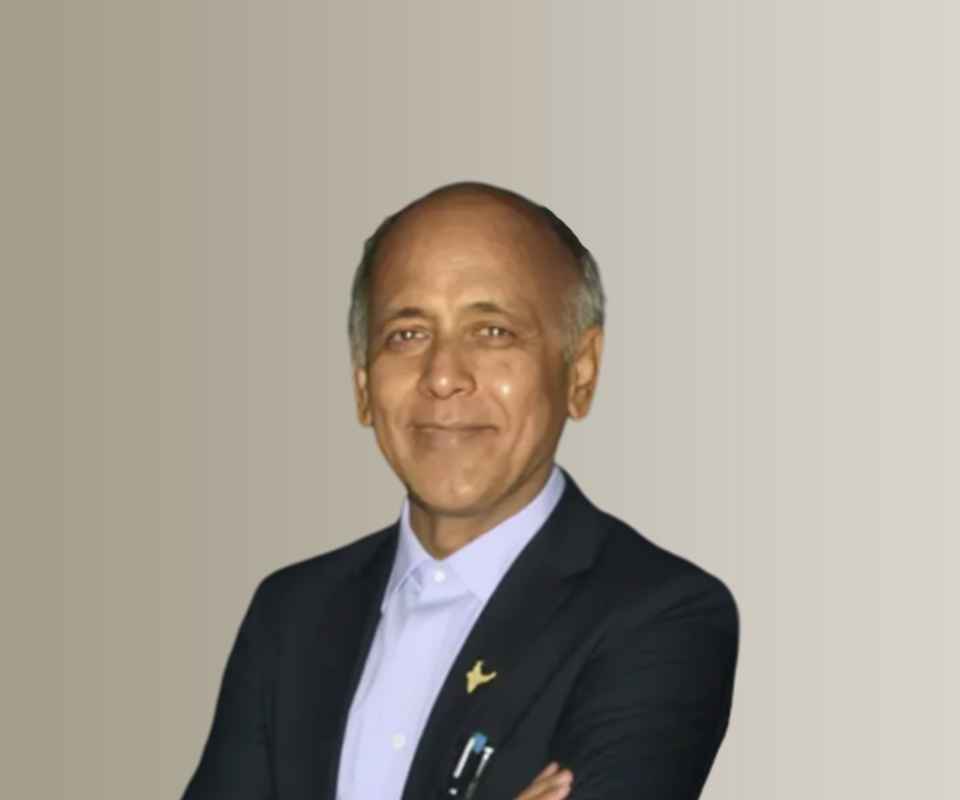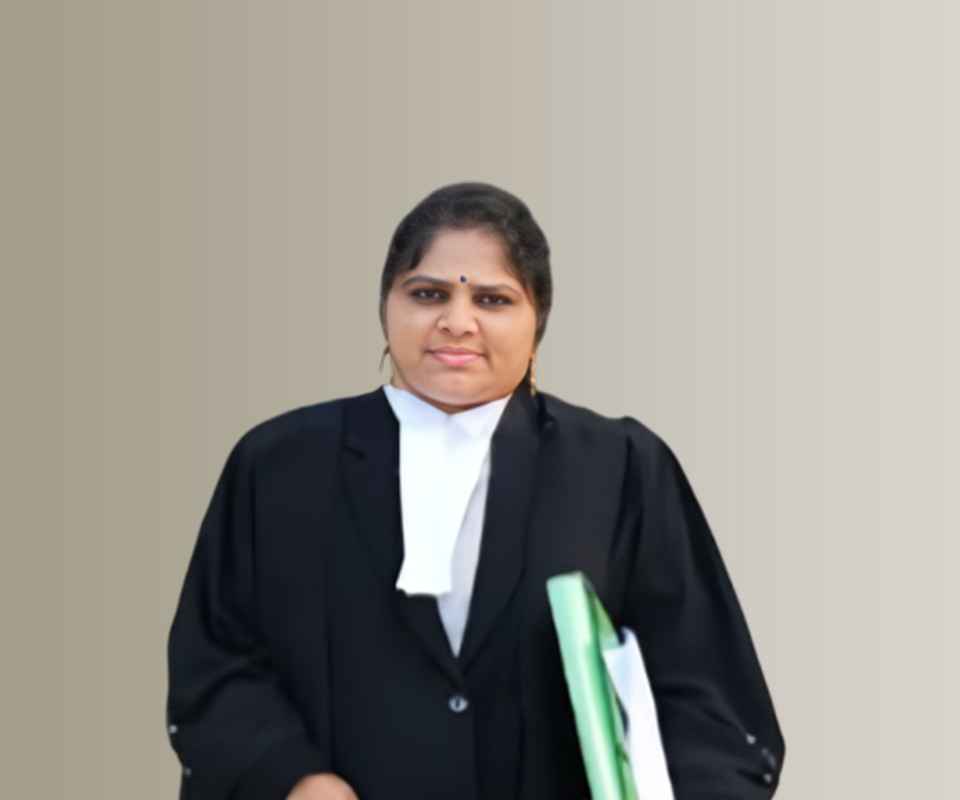Answer By law4u team
Under Indian law, marriage generally requires the physical presence of both parties at the time of the solemnization, as this is considered essential for the legal recognition of the marriage. However, there are some exceptions and special cases where the physical presence of one party may not be mandatory, though they are very limited and highly regulated.
1. Physical Presence Requirement
For a marriage to be legally valid in India under the Hindu Marriage Act, 1955 or the Special Marriage Act, 1954, the physical presence of both parties is generally required at the time of marriage. Both laws mandate that the parties should be present in front of the officiating authority (such as a priest, marriage officer, or registrar) to solemnize the marriage.
Hindu Marriage Act:
- The marriage must be performed according to Hindu customs and rituals, which usually involve the physical presence of both parties at the wedding ceremony.
- There is no provision in the Hindu Marriage Act for virtual marriages or marriages without the physical presence of both parties.
Special Marriage Act:
- This Act allows for a civil marriage between two individuals of any religion and requires that both parties be physically present at the time of registration. The marriage is solemnized by the marriage officer in front of witnesses.
- Virtual or proxy marriages are not legally recognized under this Act either.
2. Proxy Marriages
While Indian law typically requires both parties to be present for a marriage, there are limited instances where a proxy marriage may be allowed. A proxy marriage is one where one party is not physically present and someone else (usually a representative) stands in for them.
Proxy Marriages in India:
- Proxy marriages are generally not recognized under Indian law, but there are rare exceptions, especially for defense personnel or NRI (Non-Resident Indian) marriages. For example, in some cases, if one party is serving in the army or is unable to attend the marriage ceremony due to their work, a proxy marriage may be allowed, but it is subject to specific legal provisions.
- The Special Marriage Act does not explicitly allow proxy marriages, but in certain exceptional cases, if one party cannot be present due to military service, a court order or specific permission might be sought.
Example:
- An NRI who is in a foreign country might want to marry an Indian citizen in India. If the NRI cannot attend the ceremony, the marriage may be performed in their absence, but they would need to provide legal documentation, and the marriage would typically require a court order or a specific arrangement with the registrar.
3. Virtual or Online Marriages
In response to the COVID-19 pandemic, virtual or online marriages have gained attention. Some countries allowed marriages to be conducted virtually (via video conferencing), but as of now, India does not legally recognize virtual marriages under the Hindu Marriage Act or the Special Marriage Act.
- The Ministry of Law and Justice has not yet amended the laws to allow virtual weddings.
- However, there has been a push for reforms to accommodate such marriages, especially in cases where one party is abroad or unable to attend due to unforeseen circumstances like health or travel restrictions.
4. Legal Provisions for Exception (Under Special Circumstances)
In exceptional cases, a marriage may be performed without the physical presence of one party:
- If one party is incapacitated (due to illness, imprisonment, or other serious reasons) but there is legal authorization or a court order.
- Marriage by Proxy in rare cases, like military personnel or employees posted in remote locations, where the court may allow a proxy wedding under specific conditions.
- Decree of Court: In some situations, if there are extraordinary circumstances that prevent one party from attending the ceremony, the couple may approach a family court for special permission, but this is rare.
Conclusion:
- Standard Marriage Process: In India, both parties must be physically present for the solemnization of a marriage, whether under the Hindu Marriage Act or the Special Marriage Act.
- Proxy Marriages: Proxy marriages are not recognized under Indian law, except in very limited and exceptional cases, such as for military personnel or NRIs with special circumstances.
- Virtual Marriages: Virtual or online marriages are not legally recognized under current Indian marriage laws.
Thus, under most circumstances, both parties must be present physically at the marriage ceremony for it to be legally valid in India. However, legal exceptions, especially in cases of military or NRI marriages, can be explored through court intervention or special permissions.







